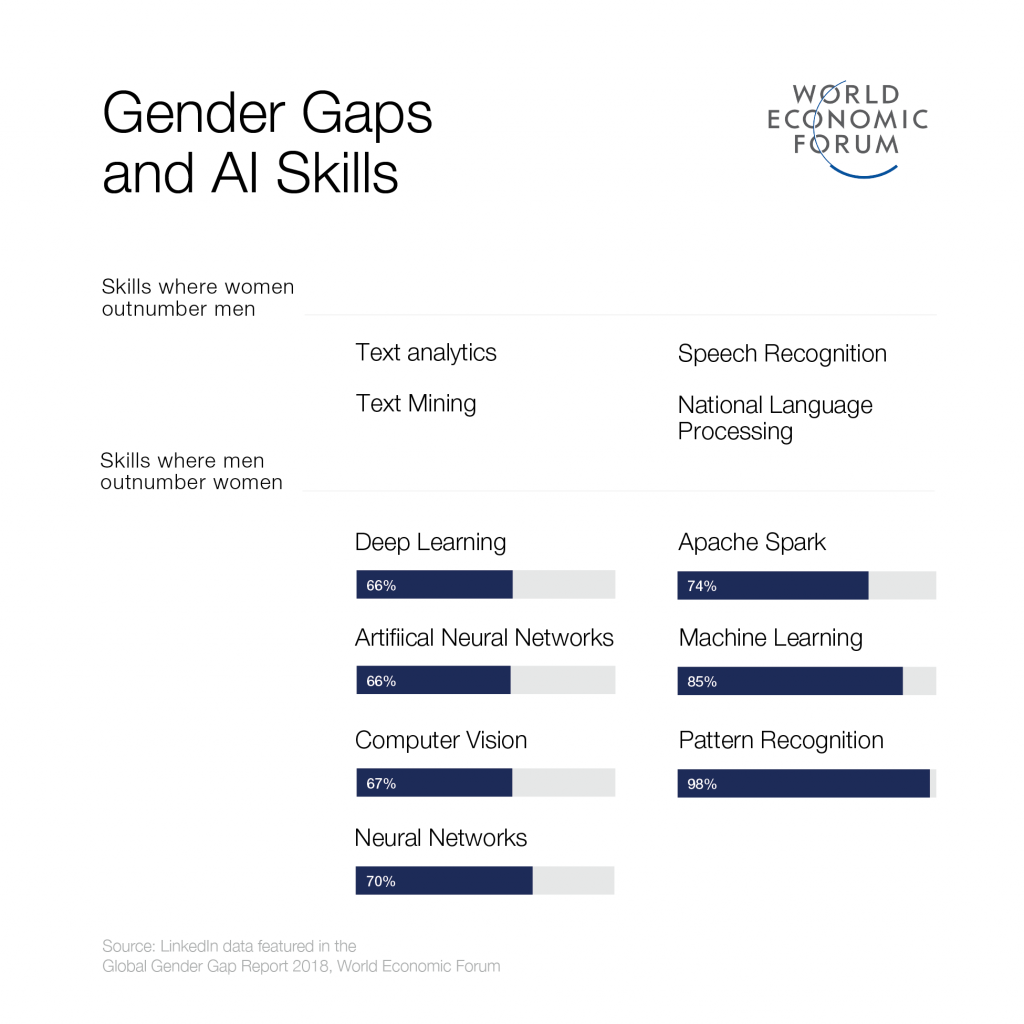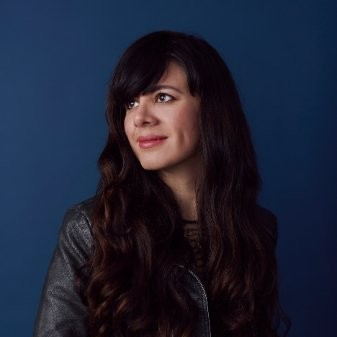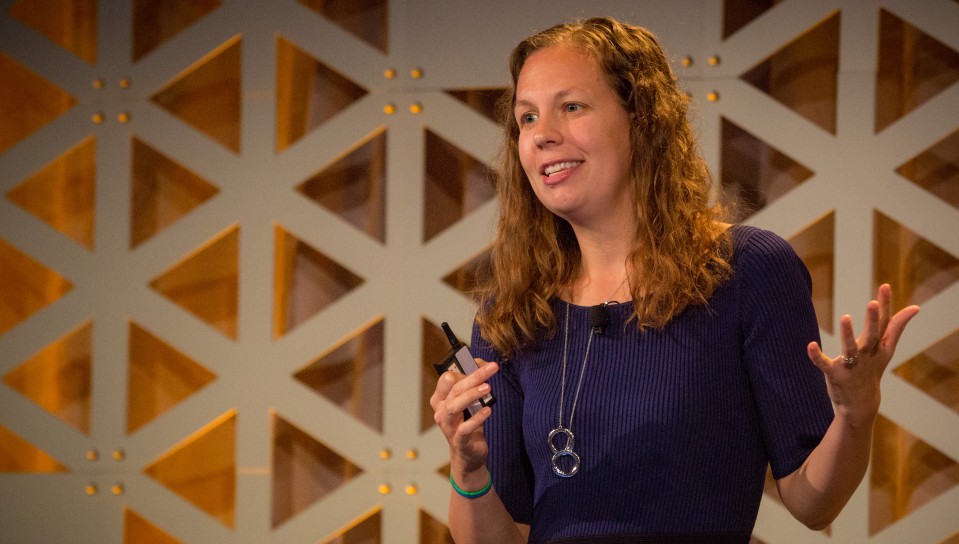Female-led initiatives are innovating the way they train, hire, and retain women in the tech workforce
Feminine voices are intrinsically associated with artificial intelligence (AI), but perhaps for the wrong reasons. We have grown accustomed to hearing the default Siri, Amazon Alexa, or Google Maps voices. While women are providing the audio for our smart devices, does society also give space for women’s voices to be heard in the boardrooms where the future of AI tech is decided?
Gender Inequality in Tech
It’s evident that women are making waves in the tech industry. There are several inspirational leaders such as Kate Brandt who runs Google’s sustainability team, or female-owned tech startups such as Solenica that have gained funding for their intelligent daylight storage device. Female researchers have also contributed tremendous advancements for AI through university research in machine learning and robotics.
Despite this, the picture of the tech industry is overwhelmingly male and ideas fronted by men are disproportionately funded. While women make up 50% of the population, in 2018 the amount of men working in the digital sector in the EU was more than three times higher than the number of women, and four times as many men hold ICT degrees. It’s time for the demographics in the tech industry to reflect the real world.
Female leadership is good for business. A global survey of 22,000 companies suggested that companies with women in corporate leadership were more profitable. Gender diversity brings in fresh ideas and perspectives. Female leadership allows companies to attract more diverse talent, as female-led hiring teams are more likely to seek out and employ other women.
Here are four leaders who are creating space for women in AI, through training, hiring, and retaining women in tech.
Cecilia Tham and Laura Fernandez
Allwoman.tech – Training Tomorrow’s Leaders
There is still a long road ahead for making AI training more accessible. The Global Gender Gap 2018 Report from the World Economic Forum, showed a large disparity in skillset and opportunity for women in the tech industry, as shown below.

Cecilia Tham and Laura Fernandez are two women who want to change the make-up of the tech industry by providing AI training by women, for women. The duo founded AllWomen.tech, which hosts training in AI, design, and project management. Their AI immersive training program is an 11 week course for developing hands on skills in a women-only environment, which encourages intimate and honest conversations about how to thrive in a male-dominated industry. In addition to this training, virtual courses are offered to their community of over 1,000 local and international followers.
Laura Gomez
Founder and CEO of Atipica – Reducing Hiring Bias

One of the fears surrounding AI is that if left unmanaged it can reinforce discrimination, for example the automated CV sorting tool that Amazon scrapped that was found to favor male applicants. Laura Gomez is turning that assumption on its head by using AI to increase social equality. Her family immigrated to the Silicon Valley area from Mexico when she was young. She went on to join the tech industry since was 17 and has used her time to advocate for inclusive hiring to diversify the industry.
Laura founded Atipica, an AI-driven talent platform that aims to reduce hiring bias towards women and minority groups. The company has grown to serve large clients such as Netflix, Patreon, and Eventbrite. Their product called ‘Diversity Intelligence’ creates insights for hiring pipelines, giving HR teams actionable metrics on how to improve their recruitment of underrepresented communities, by adding transparency. The benefits of using AI here are the time saved by the automated processes and the removal of human bias in creating targeted improvement plans.
Rachel Thomas
AI Researcher – Advocating for Improved Workforce Retention

Rachel Thomas was an early engineer who participated in the development of Uber. She is now an AI researcher at the University of San Francisco, and an advocate for diversifying tech, to get people from unlikely backgrounds involved in creating and managing AI’s future.
Rachel argues that it is not enough to just teach girls to code, she believes a change in mindset in how leaders perceive women is needed to close the gender gap. She also sheds light on the structural barriers for retaining women in tech, such as blocking women from promotions and the wage gap. Her main tips include creating training for managers on how to give fair performance reviews, acknowledging the ideas of female colleagues, and correcting salary inequalities at your organization. You can hear more from Rachel in her great TEDx talk.
Sometimes people ask me if it’s dangerous to make AI accessible to more people. What’s dangerous is a homogenous and exclusive group creating technology that impacts us all. We need people from more diverse backgrounds to address the harms.
Rachel Thomas
There are serious structural barriers in place that unfairly inhibit a woman’s chance to succeed in the tech industry. The women profiled in this piece are great examples of how education, AI technology, and public advocacy can be used to shatter the glass ceiling for diversity in tech. These women-led initiatives give us hope for the future, where any person should have fair access to skills training, funding, and support to turn their good idea into a reality.
Want to know more?
Sustainia is a global sustainability advisory firm that specialises in ESG & impact technology. Headquartered in Copenhagen, with a global reach, we research and develop new insights and market opportunities. Sustainia is a co-founder of the Global Opportunity Explorer, the world’s largest platform for vetted and verified sustainable solutions, and serves as a matchmaker between business solutions and global challenges.
We are happy to hear your perspectives, so feel free to reach out on our website chat or hello@sustainiaworld.com.


